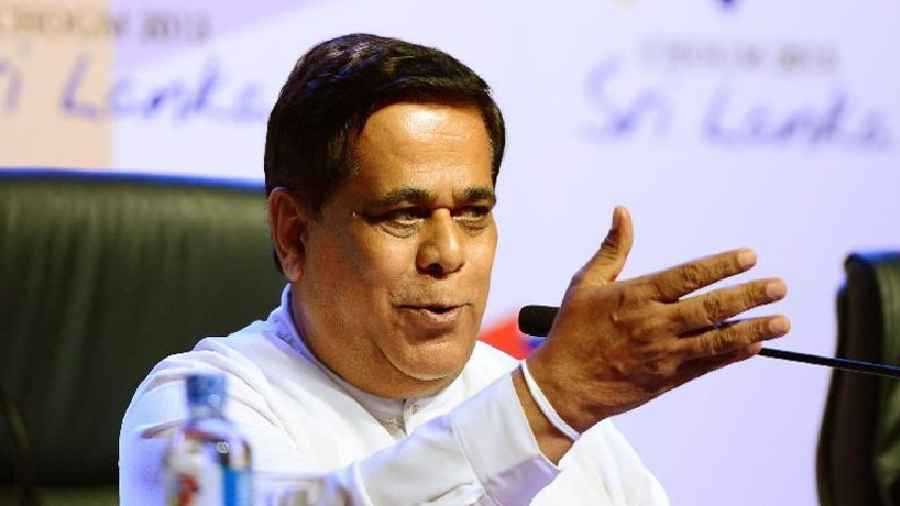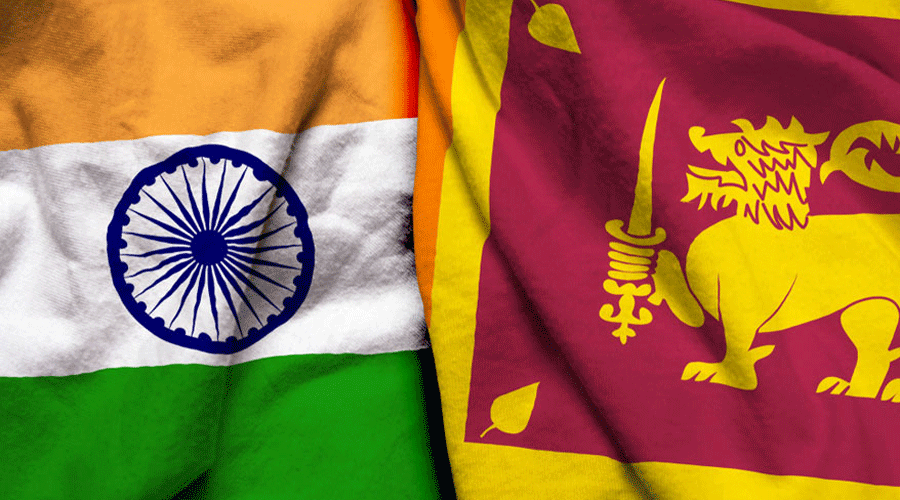Sri Lanka on Monday said it will privatise the country's loss-making national carrier as the cash-strapped government "can no longer afford to inject money" into running the airline.
"The government is looking to sell a 49 per cent stake each of the Sri Lankan Airlines' catering and ground-handling units in efforts to restructure the state-run carrier, while 51 per cent will be retained under state hold," Aviation Minister Nimal Siripala de Silva told reporters here.
"This restructuring is essential as the government can no longer afford to inject money into running the airline," he said.
"Annually the government has been providing the airline between USD 80 billion to USD 200 billion to run its operations," de Silva said.
The minister said the revenue from the sale of the catering operation can be used to pay off debt amounting to USD 80 million that was obtained by mortgaging its shares, as well as some other loans.
"The airline's debt currently amounts to USD 1.226 billion (LKR 401 billion)," he said.
The airline, formed in 1979 as Air Lanka, was rebranded Srilankan Airlines under the management control of Emirates in 1998. In 2007, the government took back control of it from the Emirates.
Srilankan Airlines is among over 190 state-owned enterprises that are making huge losses.
Without retaining a 51 per cent stake in the airline, Sri Lanka might lose ownership of the companies to be sold, Economy Next news website quoted minister de Silva as saying.
But if the investors are Sri Lankan nationals, we can go for more. There are many rich people in Sri Lanka, they can come together as a syndicate or with airlines and offer a bid, he said.
Sri Lankan President Ranil Wickremesinghe has called for much needed reforms for the loss-making national carrier.
According to Colombo-based think tank Advocata, SriLankanAirlines has, on numerous occasions, required treasury guaranteed loans to stay afloat, and has amassed over LKR 53.6 billion in guarantees as of August 2021, the report said.
Sri Lanka, a country of 22 million people, is under the grip of unprecedented economic turmoil, the worst in seven decades. The crisis that has left millions struggling to buy food, medicine, fuel and other essentials.
The island nation is currently scrambling to chalk out a staff-level agreement with the International Monetary Fund (IMF) for a bailout programme, which could be the antidote for the country's current economic travails.
The country, with an acute foreign currency crisis that resulted in foreign debt default, had announced in April that it is suspending nearly USD 7 billion foreign debt repayment due for this year out of about USD 25 billion due through 2026.











